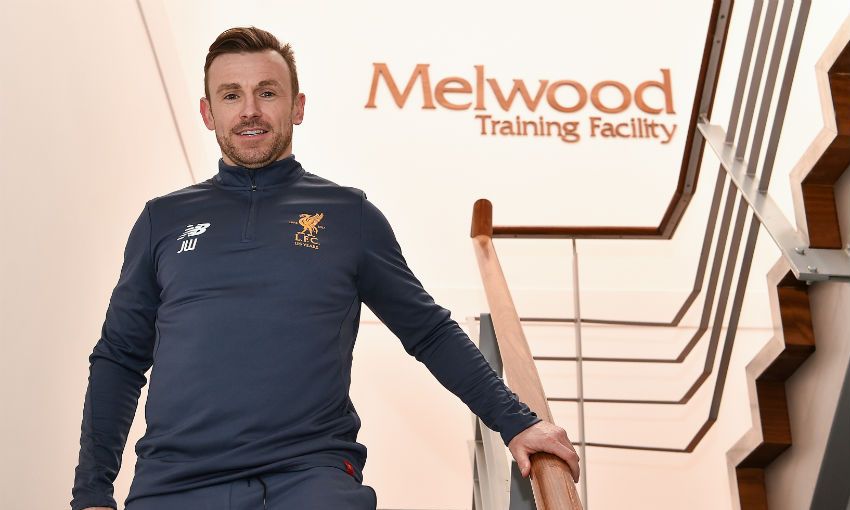Behind the Badge: Liverpool's loan process explained
Two-and-a-half years ago, Julian Ward's job didn't exist.
A move to Liverpool from Manchester City in October 2012 was brought about so Ward could work within the Reds’ recruitment and scouting team.
“Then, in around September 2015, we realised that there was this bridge that we had to create to help players make the step from U23s football to Melwood and first-team football…” the 36-year-old tells Liverpoolfc.com.
Consequently, a new position was created: loan pathways and football partnerships manager.
It’s a role Ward was asked to take on and remains in to this day.
“I became responsible for making partnerships and networks with clubs around England and Europe,” he explains, during a recent conversation at Melwood.
“It’s my job to work with our coaching staff and sporting director to make sure we have a network of good options in place for when the younger lads are ready to go out into senior football, or when fringe first-team players need competitive game time.
“We also need to put in place support processes to manage each player’s pathway once that decision is made.
“We need to first identify positive environments for players to go to and then make sure that when they go, they are developing remotely.”
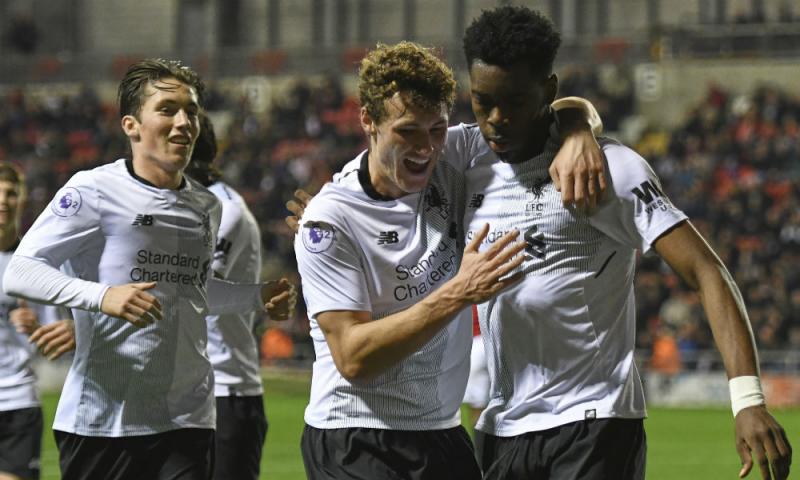
Aintree-born Ward describes working for Liverpool as ‘a great privilege’.
It’s been quite the journey to get here, too: from Aintree to Melwood, via Cumbria, Belfast, Lisbon and Manchester.
A family move meant Ward grew up in a village near the Cumbrian town of Ulverston, but he returned to his home city to complete a BSc Hons in Science & Football degree at Liverpool John Moores University - studies he combined with playing for Morecambe in the Conference.
Roles as a football consultant and performance analyst at Preston North End and the English FA followed, as did a Masters degree at the University of Ulster alongside a four-year stint playing in the Irish Premier League.
Then, when Ward was 28 years old, a life-changing job offer arrived.
He picks up the story: “Carlos Queiroz had just left Manchester United to take over as Portugal’s head coach. He was appointed in 2008 and took me over to Lisbon to head up their scouting and analysis department, where I would manage opposition analysis and also the scouting of Portuguese players dotted all over Europe.”
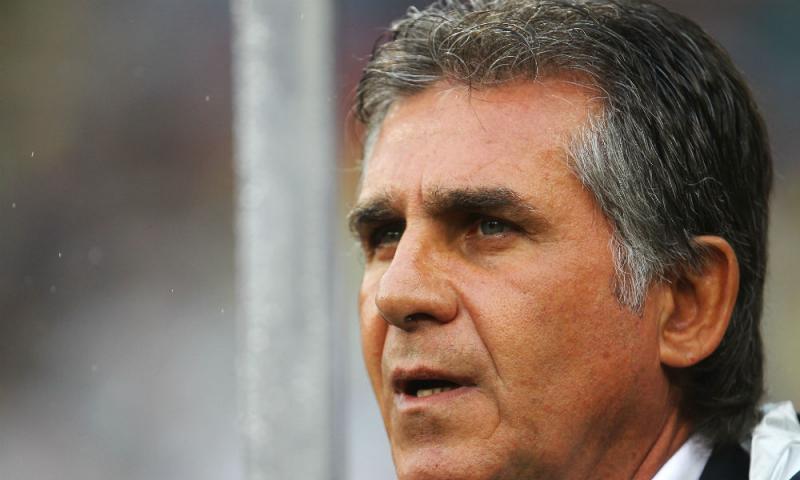
It was, he acknowledges, ‘a bit left-field’.
“A former boss who worked with Carlos at Manchester United and the South African national team alerted me to the opportunity,” Ward reveals.
“He told me Carlos was looking to build a scouting team with Portugal. I went for an interview and he gave me the opportunity to go to Lisbon and work with him.
“It was a bit left-field but a really enjoyable experience and it gave me the chance to experience football and player development from a different culture.
“I was part of a tense World Cup qualifying campaign. We qualified via a play-off against Bosnia, and then came through a tough group with Brazil and Ivory Coast before we were beaten 1-0 in the last 16 by eventual winners Spain. David Villa got the goal just after half-time, and Fernando Torres and Xabi Alonso both started the game too.
“Portugal at the time had the likes of Cristiano Ronaldo and Nani at Man United and three Portuguese lads at Chelsea - Deco, Paulo Ferreira and Ricardo Carvalho - so there were people I was familiar with and they were really helpful when I went over there in helping me adjust.
“It took me about a year to get the language. I think the likes of Roberto Firmino, Rafa Camacho and Toni Gomes probably still struggle to get my interpretation of Portuguese now though, to be honest!”
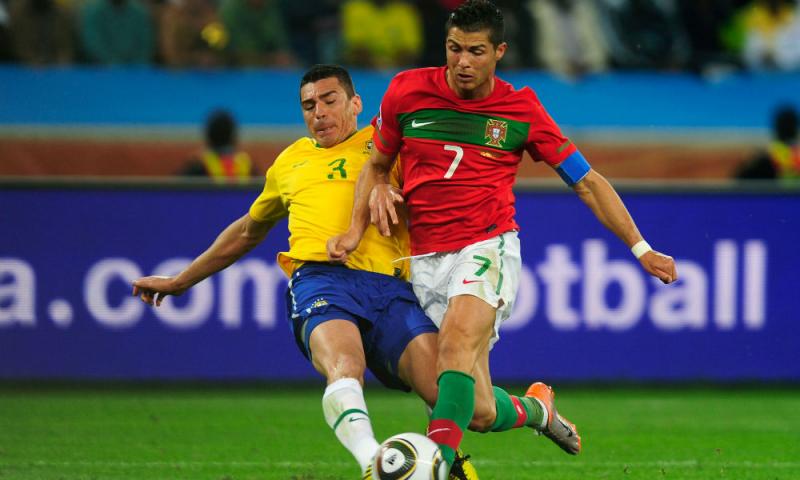
Ward remained in post until shortly after the 2010 World Cup, when the opportunity to work in the Latin European and South American arm of Manchester City’s scouting department arose.
He didn’t know it at the time, but those jobs would stand him in good stead for the challenges that lay ahead at Liverpool.
“I got a lot of exposure to a lot of levels and types of play and I think that’s helped me in this role, in terms of placing players on loan,” Ward says.
“We’ve got Taiwo Awoniyi in Belgium, Pedro Chirivella in Holland, Divock Origi in Germany, Allan in Cyprus, Connor Randall in the SPL. I think that the broader your experience of different types of football, the more balanced you can be in how you evaluate performance.”
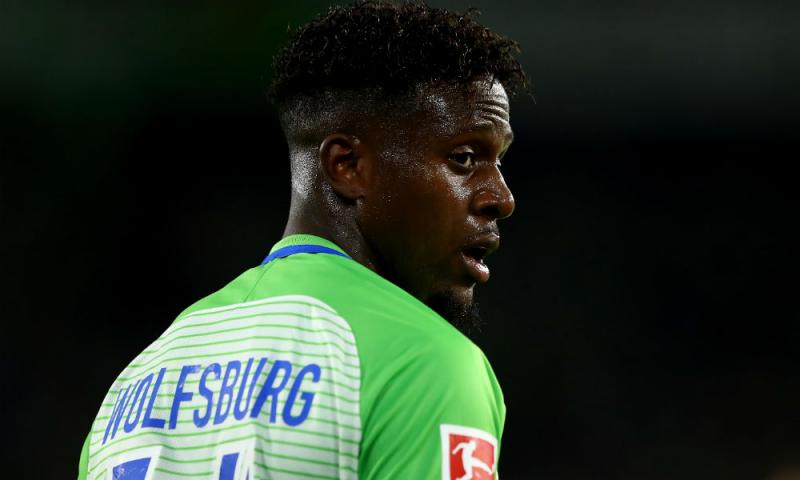
There are, Ward explains, three different types of move when it comes to players leaving Liverpool on loan.
Along with ‘established first-team players who need game time, like Divock and Daniel [Sturridge]’, the club also sanctions temporary transfers for non-EU players, with Awoniyi, Allan Rodrigues de Souza and Anderson Arroyo currently falling into that category.
“They’re all top talents within their generation, they all play for their respective national teams at U20 level, but we know that work permit-wise it’s a bit of a longer journey so we try to get them adapted to life and football in Europe and started on the process where they gain competitive experience,” Ward says.
“Hopefully that will increase their profile and credibility so when the time’s right, we can make that work permit application and bring them back into the fold.”
The third group involves the club’s ‘elite Academy players, who have proved themselves at U23 level and are looking for that next challenge’.
Harry Wilson, Ovie Ejaria and Sheyi Ojo are examples cited by Ward, before he elaborates: “The bar’s really high.
“To nudge out of the way a Mo Salah, a Sadio Mane, a Firmino, our young players have got to be able to show that they can compete with senior international players, not only in games but in training.
“We’ve got to make sure that the competitive experience they get is a positive one, right through the U18s and U23s and then when we feel they’ve reached a level where the next stage is playing for points and under pressure, a bit of exposure to the senior aspects of the game, then we have to look at other environments.”
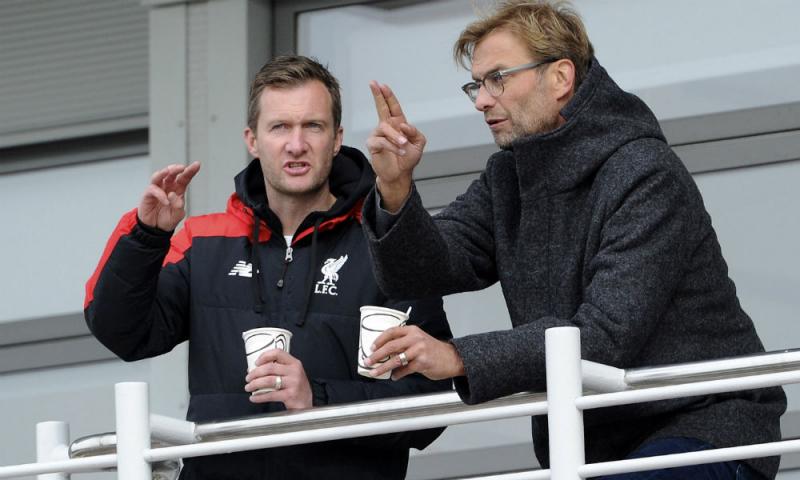
But how do Jürgen Klopp, Alex Inglethorpe, Michael Edwards and Ward know when the time is right? How did they arrive at the decision to allow Wilson to join Hull City on loan in January, for example?
“I think Harry’s proved on a consistent level that he was performing to a really strong standard in the U23s,” Ward notes.
“His numbers were excellent in terms of goals, appearances and assists and he was also generating a lot of interest.
“With the first or second loan, the players earn it by their performances in the U23s. They generate interest and the clubs across the Championship, League One, League Two are always in good attendance at our U23s games.
“We discuss each player on a regular basis and try to judge whether they’re ready to go out, whether they’re needed to be part of the U23 or Melwood group, and we have to then balance that up with the other options in terms of loan interest.
“Then we’ve got to try to make sure that we get the right coaching environment, the right competitive level that allows the player to continue on that journey of development.”

Ward’s work throughout the year helps to ensure the club are fully prepared for all eventualities when the summer and January transfer windows come around.
And, while ‘last-minute’ interest in Liverpool players is commonplace, he says the club are ‘very reluctant’ to get involved in such business as they strive to conduct background checks on all potential destinations prior to authorising a loan deal.
“My job prior to the windows is to have a good knowledge of the squads, have good relationships with coaches, heads of recruitment, sporting directors and get a feel that they know our players,” Ward states.
“With our games being very accessible with getting to Prenton Park or watching them on LFCTV, when a coach or head of recruitment phones up asking about a player generally they know the specific characteristics of them and we hope that starts the process.
“We’ll go and look at what kind of opportunities there would be for those players to play, whether there’s a lot of senior players in their path or there are two or three places where they can go and stake a claim for a place in the team.
“We do that due diligence ahead of the two windows and then if Jürgen, Alex and Michael think the time is right then the options get filtered down to positive ones, the stars align and the button’s pressed and the player goes out on loan.
“Obviously the player’s involved too. We keep them up to date with what we think is the plan for them between pre-season and Christmas and then the level of competitions that we’re in can change during the season.
“We have to balance that games programme with each individual player’s point of progression.”

By no means does Ward’s involvement end once a player leaves Liverpool on loan, though.
“I coordinate the communication between the clubs,” he continues.
“The different departments across our club are connected with the loan club where we place a player - whether that be medical to medical, sports science to sports science, analysis to analysis or coaching to coaching - just so that we can make sure that when a player leaves us, the club they’re going to are fully furnished with where they’re at in terms of technical and physical development.
“The very first week of the loan is about connecting different key contacts in the relevant departments so that the training load the player’s been exposed to prior to going out on loan can be communicated, as well as any medical issues and also development points.
“We look at areas of their game that we think ‘OK, this is where the player is at the start of the loan, by the end of the loan we’d hope to see some progress and improvements in these three or four specific coaching areas’.
“Then, the clips from all the players’ games are fed back to us within 24-48 hours and I liaise with our scouting department and coaches to make sure that we get regular live viewings of games, but also we get out to the training ground to see them working in their environment Monday to Friday.
“That’s well established now. It’s a combination of putting good communication processes in place and planning with the coaches and the scouting department to make sure we’ve got coverage so that the players still feel connected to the club.”
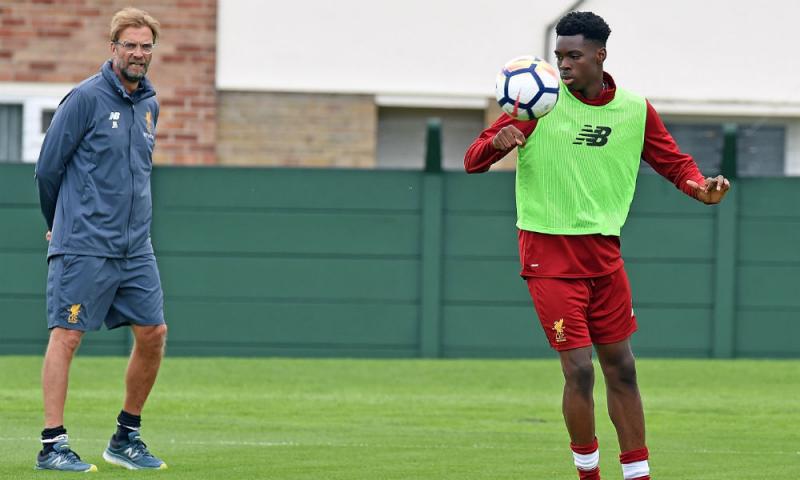
Ward’s response when he’s asked to define a ‘successful loan’ cuts to the crux of the whole point of the enterprise.
That is, to give Liverpool’s Academy prospects the best possible chance of forging a prosperous professional career - ideally at Anfield.
“Successful loans prepare players to come back to Melwood and make a real positive impression,” he concludes.
“We want to give our young players who are ready experiences of training each day and competing with senior players to improve their physical capabilities.
“We want to give them the opportunity to play in a league where there’s expectation, where there’s pressure, where there’s media attention, all with the idea of trying to transmit their skills to perform under pressure.
“I think if we get the loan right, a player gets credibility among the coaching fraternity and in football in general.
“And when they come back to Liverpool, they’ll be more equipped with the demands of being a Liverpool player.”
‘Behind the Badge’ is a regular feature on Liverpoolfc.com which aims to tell the individual stories of the numerous men and women who work tirelessly away from the spotlight in an attempt to make Liverpool FC successful.
We speak to various members of staff across the first-team, Academy and Ladies set-ups who dedicate their lives to the club each and every day, covering a variety of different roles that make a vital contribution in preparing the Reds for action.


